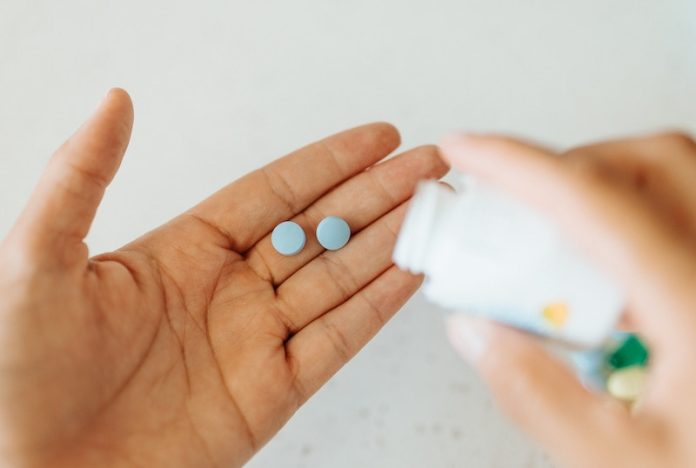
Scientists from the University of Sydney have conducted a study indicating that vitamin B3 supplements could potentially reduce the risk of skin cancer in individuals at high risk of the disease.
Vitamin B3, also known as niacin or nicotinamide, can be found in various foods, including meat, fish, milk, eggs, green vegetables, and cereals.
Importance and Functions of Vitamin B3
Vitamin B3 plays a crucial role in the functioning of fats and sugars in the body and the maintenance of healthy cells.
Deficiency in vitamin B3 can lead to various symptoms, including confusion (dementia), diarrhea, peeling red skin, and swelling of the tongue.
Skin Cancer and UV Radiation
Skin cancer is the most common type of cancer, with the main types being squamous cell carcinoma, basal cell carcinoma, and melanoma.
Nonmelanoma skin cancers are primarily caused by exposure to ultraviolet (UV) radiation. Previous research has suggested that vitamin B3 has protective effects against damage caused by UV radiation.
Study Design and Findings
The study involved 386 individuals who had experienced at least two nonmelanoma skin cancers in the previous five years.
Participants were randomly assigned to receive either 500 mg of nicotinamide (a water-soluble form of vitamin B3) twice daily or a placebo for 12 months.
Dermatologists examined the participants at three-month intervals for 18 months, focusing on the number of new nonmelanoma skin cancers during the 12-month intervention period.
The findings revealed that after 12 months, the group receiving the vitamin B3 supplement had a 23% lower risk of developing new nonmelanoma skin cancers compared to the placebo group.
Similar differences were observed for new basal cell carcinomas and new squamous cell carcinomas.
Additionally, individuals in the vitamin B3 group showed a lower risk of precancerous symptoms, such as actinic keratoses, which are rough, scaly patches on the skin resulting from prolonged sun exposure.
Timing and Safety of Vitamin B3 Supplementation
The protective effects of vitamin B3 supplementation were observed during the intervention period but disappeared after the treatment was stopped.
This suggests that the benefits are linked to the active use of the supplement.
The study findings indicate that vitamin B3 supplementation is a safe and effective method for reducing the risk of nonmelanoma skin cancers and precancerous symptoms in individuals at high risk.
Researchers propose that vitamin B3 helps prevent UV radiation-induced cellular energy crises, enhances DNA repair, and reduces UV-induced suppression of immunity.
Conclusion
In conclusion, the study conducted by Andrew Chen et al. at the University of Sydney suggests that vitamin B3 supplementation may lower the risk of skin cancer in individuals with a high risk of the disease.
Vitamin B3’s protective effects against UV radiation-induced damage and its role in enhancing cellular functions make it a potential preventive measure.
It is important to consult with healthcare professionals before starting any supplementation regimen.
Please note that the information provided in this summary is based on the study published in The New England Journal of Medicine and should not replace professional medical advice.
If you care about skin health, please read studies about eating fish linked to a higher risk of skin cancer, and Vitamin B3 could help prevent skin cancers.
If you care about skin cancer, please read studies that low-carb diet could increase overall cancer risk, and vitamin D supplements strongly reduce cancer death.
Copyright © 2023 Scientific Diet. All rights reserved.








